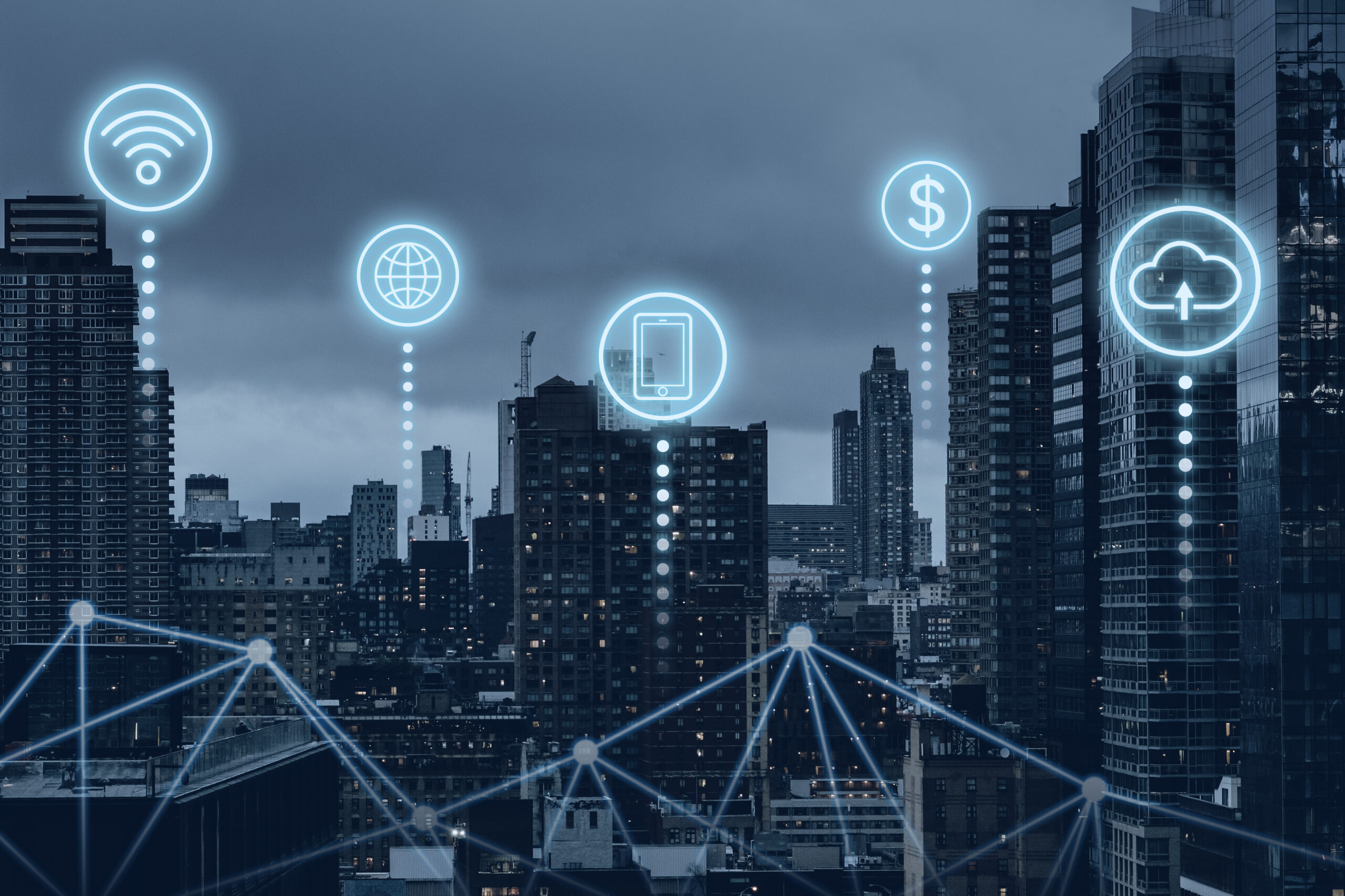 Back
Back
The 5G race has begun in India; how will it affect payments?
By Puja Sharma
The term “5G” refers to “fifth generation” mobile communication, which is an improvement over the previous 4G in terms of speed and connectivity. Customers can now access cloud technology more easily, process high volumes of data with minimal delay, and experience new products thanks to 5G technology.
According to an Ericsson-Arthur D Little study, 5G will enable Indian mobile service providers to generate $17 billion in incremental revenue from enterprises by 2030. 5G can play an important role in achieving India’s digital inclusion goals, especially in bringing broadband to rural and remote homes. Trials have proven the potential offered by 5G to bridge the digital divide by enabling access to high-speed broadband through FWA. India’s FinTech also heavily depends on better internet connectivity, therefore the launch of 5G can allow seamless transactions, via various payment wallets used widely across the country.
In its recent press release, Bharti Airtel (Airtel), India’s premier communications solutions provider, announced that it has signed 5G network agreements with Ericsson, Nokia, and Samsung to commence 5G deployment in August 2022. Airtel has had a long-standing relationship for connectivity and Pan-India managed services with Ericsson and Nokia while the partnership with Samsung will begin this year onwards.
Speaking about the agreements, Gopal Vittal, MD, and CEO, Airtel said, “We are delighted to announce that Airtel will commence roll out of 5G services in August. Our network agreements are finalized and Airtel will work with the best technology partners from across the world to deliver the full benefits of 5G connectivity to our consumers. India’s transition into a digital economy will be led by telecom and 5G presents a game-changing opportunity to drive the digital transformation of industries, enterprises, and the socio-economic development of India.”
Choice of multiple partners will enable Airtel to roll out 5G services spanning ultra-high-speeds, low latency, and large data handling capabilities, which will enable a superior user experience and allow the pursuit of new, innovative use cases with enterprise and industry customers.
This month, Jio, India’s largest digital services provider, acquired spectrum in the 700MHz, 800MHz, 1800MHz, 3300MHz, and 26GHz bands in the auctions conducted by the Department of Telecommunications, Government of India.
Akash M Ambani, Chairman, Reliance Jio said, “We have always believed that India will become a leading economic power in the world by adopting the power of breakthrough technologies. This was the vision and conviction that gave birth to Jio. The speed, scale, and societal impact of Jio’s 4G rollout are unmatched anywhere in the world. Now, with a bigger ambition and stronger resolve, Jio is set to lead India’s march into the 5G era.
Jio’s 5G network will enable the next generation of digital solutions that will accelerate India’s AI-driven march towards becoming a $5 trillion economy.
Future of payments
India’s strong growth supports a dynamic mobile services market. Over the past five years, it has seen rapid adoption of smartphones and migration up to 4G. This has had a significant positive impact on India’s consumers, economy, and society. India is among the world’s fastest-growing economies. It has a developed software industry with eCommerce, digital payments, and educational technology standing out.
Our understanding of the distinction between digital and physical experiences will change as a result of low-cost connectivity and real-time access to hyperintelligent services. Similarly, 5G will alter how payments are done and how payment technology is used, according to a report by MasterCard. 5G may not only broaden acceptance but also change the participants in a typical transaction. In the future, it could support autonomous and semi-autonomous devices and objects initiating transactions on their own through the Internet of Things.
Key takeaways
- Mobile traffic in India has grown by around 15 times in the past 5 years and is expected to more than double in the next 3 years.
- 5G is projected to account for nearly 40 percent of mobile subscriptions in India – 500 million – by the end of 2027.
- Bharti Airtel (Airtel), announced that it has signed 5G network agreements with Ericsson, Nokia, and Samsung
- By the end of 2027, smartphone users in India are forecast to consume 50GB of data per month on average.
- Jio, India’s largest digital services provider, acquired spectrum in the 700MHz, 800MHz, 1800MHz, 3300MHz, and 26GHz bands
IBSi FinTech Journal

- Most trusted FinTech journal since 1991
- Digital monthly issue
- 60+ pages of research, analysis, interviews, opinions, and rankings
- Global coverage
Other Related News
Related Reports

Sales League Table Report 2025
Know More
Global Digital Banking Vendor & Landscape Report Q2 2025
Know More
NextGen WealthTech: The Trends To Shape The Future Q4 2023
Know More
Intelligent Document Processing in Financial Services Q2 2025
Know More



